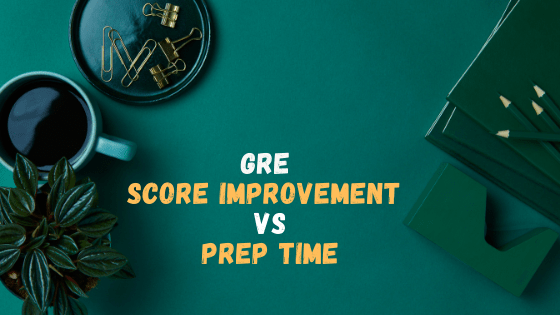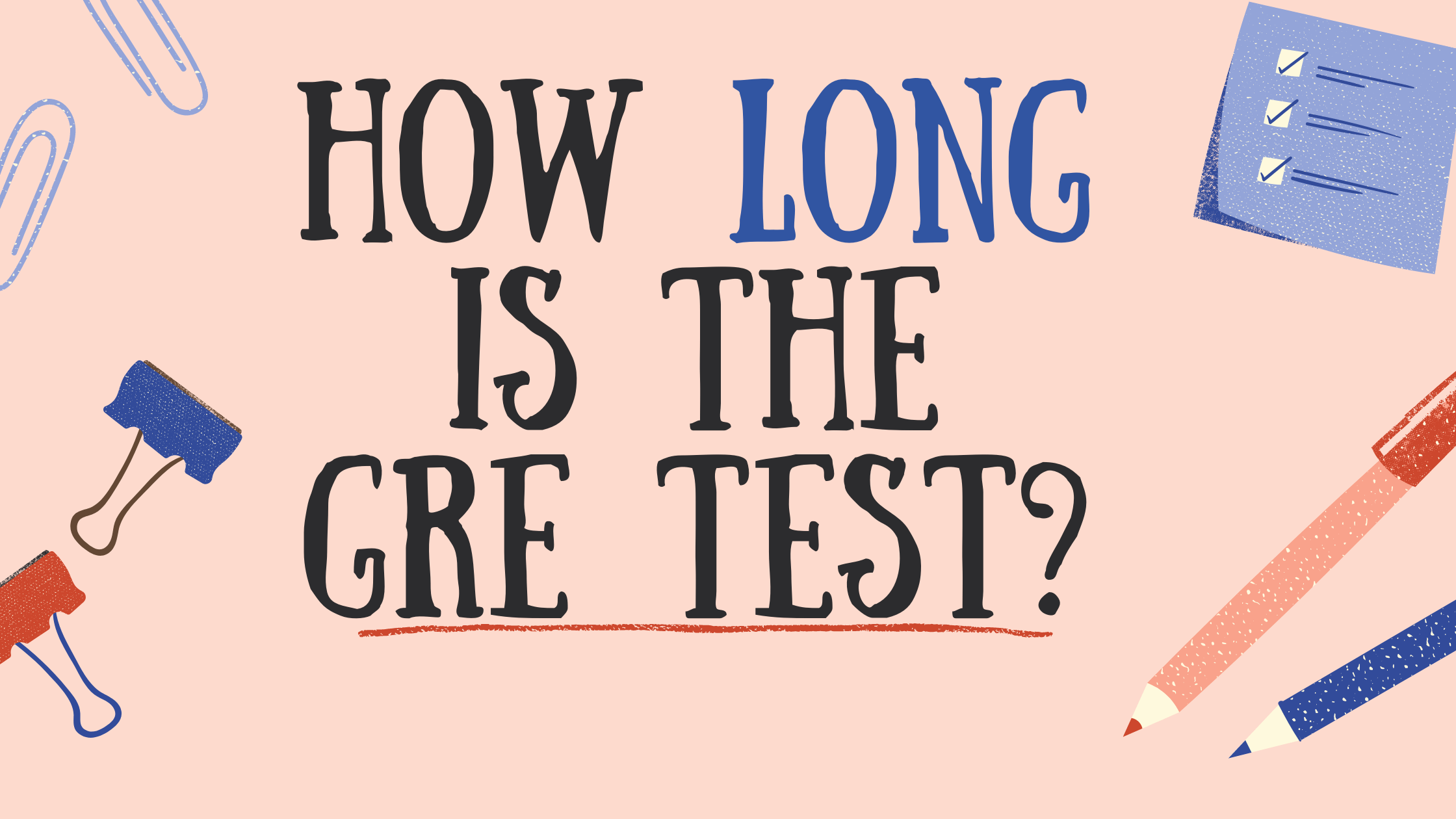Note: Securing a perfect or near-perfect score is not impossible in the GRE.
We have encountered many students who ask us this question: How much time does it take to clear the GRE with a perfect score or get at least a good score? Is it really hard to improve your GRE score?
A good score is a relative term; for one student, 315 is a good score, and for another, 330 is a good score. It all depends on your academic profile and which university you are targeting.
If you are applying to the U.S.A. or Canadian Schools or Europe directly (without any involvement of Fulbright or other organization funding), then you should keep the following GRE scores in mind:
There is no standard preparation time for scoring 330; every student has different educational backgrounds, reading habits, analytics, and problem-solving skills, so time will vary from student to student.
Note: Exceptions are applicable in cases where you have a strong academic profile, such as a +3.8 GPA or a Gold medalist, or have extensive experience, such as 10 years or vast research experience along with many publications, etc. Moreover, it’s more competitive among MBAs and Electrical Engineers.
How to prepare for the GRE?
You have to prepare for the GRE the right way to beat the GRE:
- First: Clarify Core Concepts
- Second: Learn Skills, Strategies & Techniques
- Third: Practice, Practice, Practice
- Forth: Improve Timings
- Fifth: Build Stamina
- Sixth: Full-Length Mocks
To give an overview of how GRE score works and compare it with preparation time, let’s analyze the following 4 categories of students:
Students Category 1:
Exceptional, talented, and intelligent students hardly need 1 month to score above 330. They just need to get familiar with the format and practice full-length tests for stamina and score +330.
Students Category 2:
Students have a strong verbal and quantitative background. When they take the GRE Diagnostic test, they score +310 without preparation, and when they study for 1-2 months, they end up scoring in the range of 320-330. Those students mostly have Engineering, Computer Science, Mathematics, Finance, Statistics, Accountants, or students with a good academic background.
Students Category 3:
Those students have a very strong quantitative or verbal section, but another section is average. When they take a diagnostic test, they end up scoring in the range of 295-305, but after focusing on weak sections and studying for roughly 2-3 months, they can score in the range of 310-320. They are mostly engineers who score really well in Quant and end up scoring average in Verbal and manage to get a decent GRE score or students with one strong area or decent scores in both scores,
- Strong Quant + Worse Verbal Concepts
- Average Quant + Average Verbal
Students Category 4:
Most students fall in this category, thanks to the educational system that forces us to cram and memorize things. Within this category, the students can have the following combination of skills
- Good Quant + Worse Verbal Concepts
- Good Verbal+ Worse Quant Concepts
- Worse Quant + Worse Verbal
So when they take a diagnostic test, they score in the range of 260 to 295. When they study for 1-2 months, they improve their score by 10-30 points.
The Diagnostic score is from 260 to 295; the students fall into this category.
Summary:
After looking at the above-mentioned four categories, it clearly shows that the standard 1-2 months preparation time results in a huge difference between the scoring patterns, i.e., ranging from 290 to 330.
Questions: So what should the majority of students do to improve their scores and get a decent score?
Answer: Instead of looking at 1-2 months of STANDARD preparation time, students should focus on the following steps:
- Step 1: Take a computer-based Diagnostic Test. This will give you an idea of your current proficiency level and a diagnostic score.
- Step 2: Estimate a Target Score that you want to achieve based on your profiles and the schools you want to pursue.
- Step 3: Compare the difference between the two scores and dedicate time to cover the gap.
Very Important:
After analyzing these hypothetical categories of students, one can conclude that you need different preparation techniques, strategies, and time to prepare for your GRE. It would take both time and effort to move from one category to another; there will also come a point in your preparation that your test scores will become stagnant, and improvements might seem minor or negligible; this would be the time that you break through your threshold and move upwards.
Transitioning from one category to another under our observation takes different amounts of time. The list below shows the results of our research:
- The transition from category 4 to 3 = 4-6 months
- The transition from category 3 to 2 = 2 months
- The transition from category 2 to 1 = 2 months
Students in Category 4 should consider the target score they need to achieve and plan a timeline accordingly. It’s a step-wise process, and no magic potion will turn your 270 scores to 330 in one month. You will improve step by step, day by day. You just need to make sure you’re on the right path.
To simplify things for category 4 students (those scoring less than 300 in diagnostic tests), we have prepared the following strategy. They should not focus on one month of Standard preparation time; instead, they should work on concepts first, then strategies, and then practice.
Study Plan for Students:
FIRST STEP: Focus on Fundamental Concepts
Improving Quantitative Section:
If you need to improve your quantitative skills, then follow this Math study plan:
If someone has a medical studies background, hasn’t studied basic mathematics for the last 10-15 years, or has never liked numbers, that student should first focus on learning and revising all the basic mathematics concepts required for the GRE exam, then work on strategies and practice questions.
Strategy:
After learning the core concepts, the student should work on practicing those concepts from the real questions. For example, if a student has covered algebra concepts, then he or she should practice algebra-related questions. If algebra concepts are unclear, the student should not go to the next section. Moreover, after each practice session, the student should give considerable time to review his/her weaknesses and then focus on improving them. Once a student gets a decent command of concepts, then he or she should focus on mastering those concepts by practicing questions, starting from easy difficulty level to hard questions from Scholar Den and ETS.
For fundamental concepts, you can refer to the following material:
Quant Resources:
Once you clarify the fundamental concepts, you should go through Scholar Den and practice the following material:
- Scholar Den Questions
Duration:
A student should dedicate 2-3 months to focus only on fundamental concepts.
Improving Verbal Section:
Those students who want to improve the verbal section:
Students with an engineering background and an over-attachment to numbers at the expense of reading broadly fall into this category. Being an avid reader greatly helps your verbal score, but even if you do not, hope isn’t lost; hard work and practice will put you on par with the rest of the candidates. Hard work always beats talent when talent doesn’t work hard.
Strategy:
Start with understanding what is tested in the GRE and how to understand complex sentences and other fundamental concepts.
- Watch video lessons on Scholar Den.
- Read passages from readtheory.org and make sure you reach grade 12 and maintain it till the test date.
- Read articles from aldaily.com till your test date.
- Practice all ETS Verbal Practice Questions
- Practice ETS Big Book Questions related to Reading Comprehension
- Practice all Scholar Den Verbal Questions.
Good Reading Resources:
Ensure you read American articles related to arts and literature for at least one hour daily. There is no compromise on the readings.
- www.aldaily.com
- www.theatlantic.com
- www.newyorker.com
- www.smithsonianmag.com
- www.scientificamerican.com
- www.economist.com
- www.nytimes.com
Duration:
At least study for 3-4 months to improve the Verbal Section if your verbal score is below 145; not a hard and fast rule as such but rather a recommendation by Scholar Den.
Important Recommendations:
For students who fall in Category 4, please dedicate at least 4-6 months if you really want to improve your score from 270-290 to a respectable GRE score of 310-320. If your fundamental concepts are weak and you are a slow learner, you might need up to one year to score +325-330. Please note that no score is impossible!
If you really aspire to go to top schools worldwide, you need to give at least 2-3 hours daily and 5-6 hours on weekends for a minimum of 4-6 months and a maximum of up to 1 year.
Looking at the above examples, this is why we always recommend a personalized study plan.
Next Article: New Shorter GRE Test









